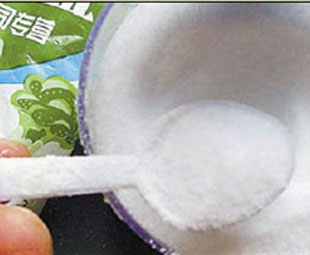China made strides towards becoming a healthier nation last Tuesday, when the George Institute for International Health officially opened its Beijing branch. The opening is a significant landmark in the development of research and capacity building for tackling China's health priorities. And it provides new hope for the treatment of diseases such as hypertension, stroke, coronary heart disease, obesity, diabetes and injury.
A study by Beijing-based George Institute and Fuwai Hospital shows that a simple dietary change may prevent heart diseases.
According to director Wu Yangfeng, the new George Institute is looking forward to applying national and international expertise to health issues. "The new institute will be working closely with the research and support services of The George Institute in Australia," says Wu, who has made valuable contributions to reducing cardiovascular disease in China. "Our networks will also allow vital research projects to be directed by leading specialists in both China and abroad dealing with cardiovascular and renal disease, injury and trauma care, and neurological and mental health conditions."
The institute is currently researching cardiovascular disease, which is the leading cause of death in China. A recently completed, large-scale trial jointly conducted by the Institute and Fuwai Hospital in Beijing demonstrated the huge potential of a simple dietary intervention.
A salt substitute study conducted by the institute found that more widespread use of a salt substitute already manufactured in China could significantly impact blood pressure and stroke risk among poor rural populations. "Cardiovascular diseases have been the main cause of death in China for some time now," says associate professor Bruce Neal, senior director at The George Institute. "Our goal is to help identify practical new ways of addressing this serious health problem. We are particularly interested in strategies that will work in rural areas where preventive care is currently very limited."
Among the 600 individuals studied in rural northern China, the low-sodium, high-potassium salt substitute demonstrated that it could reduce blood pressure by about the same extent as a single drug therapy. "It is likely that a population-wide switch to salt substitute in rural China would prevent many hundreds of thousands of serious vascular events each year," Neal said.
(China Daily May 30, 2007)

